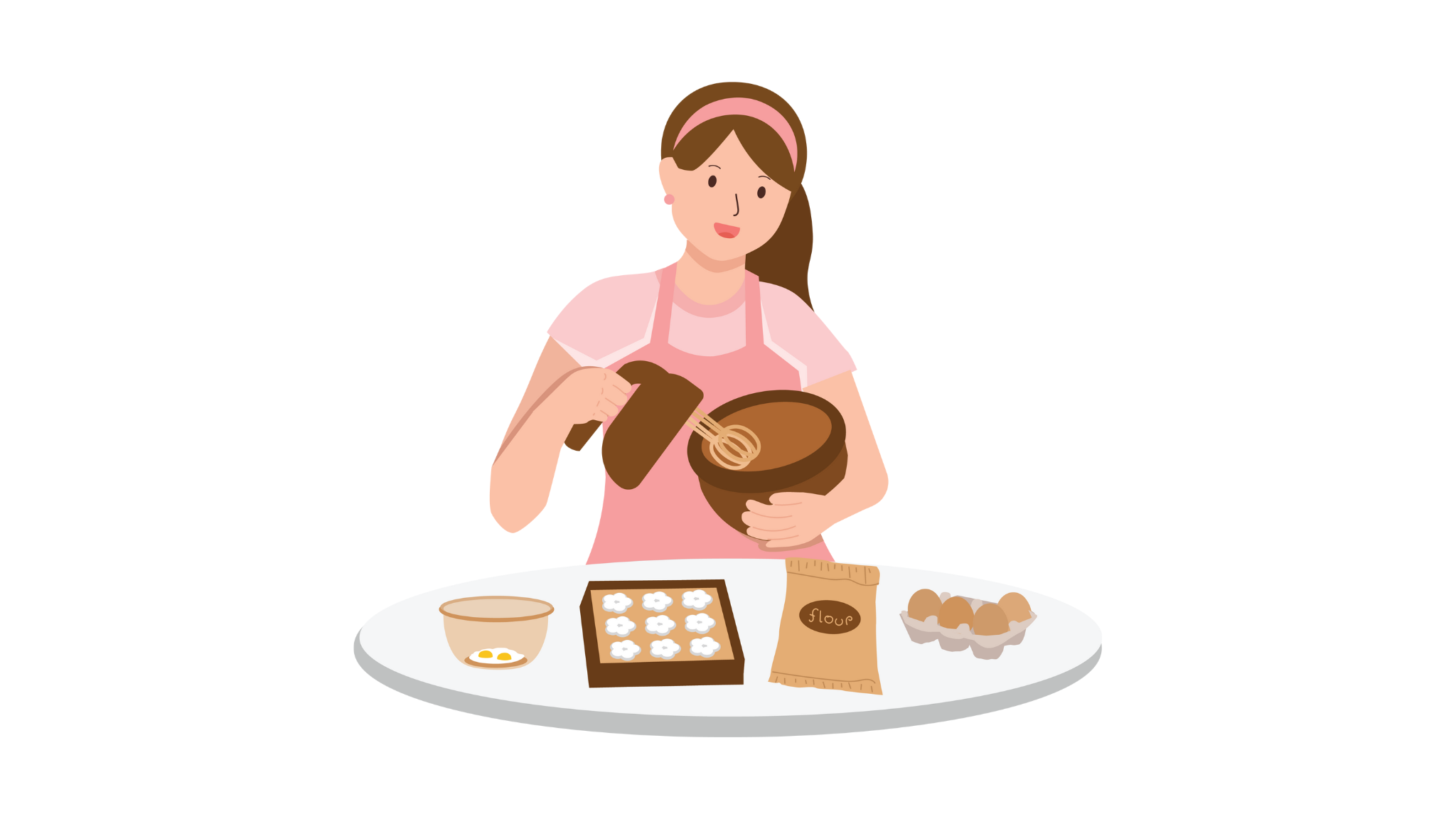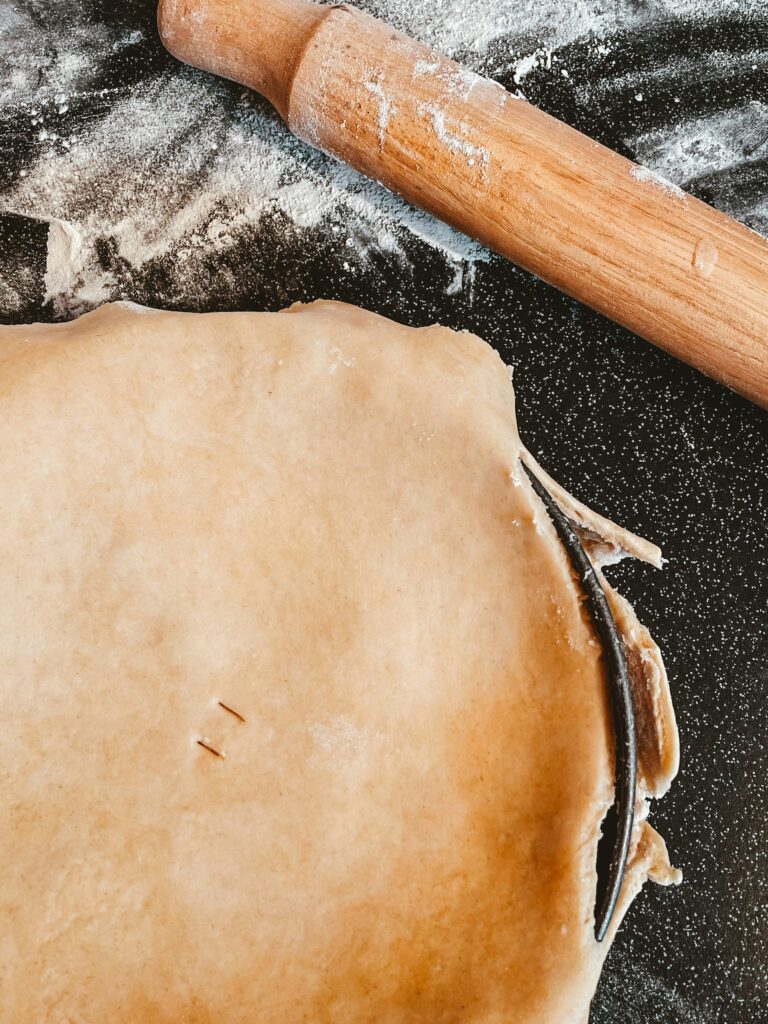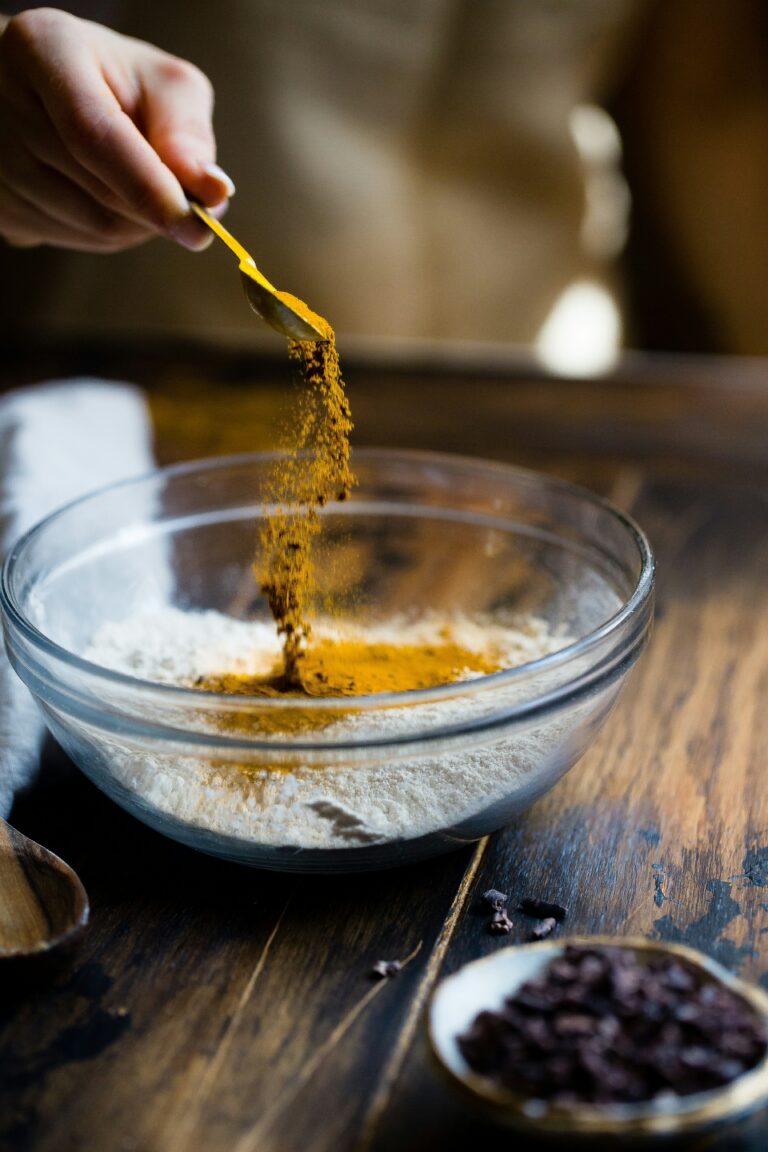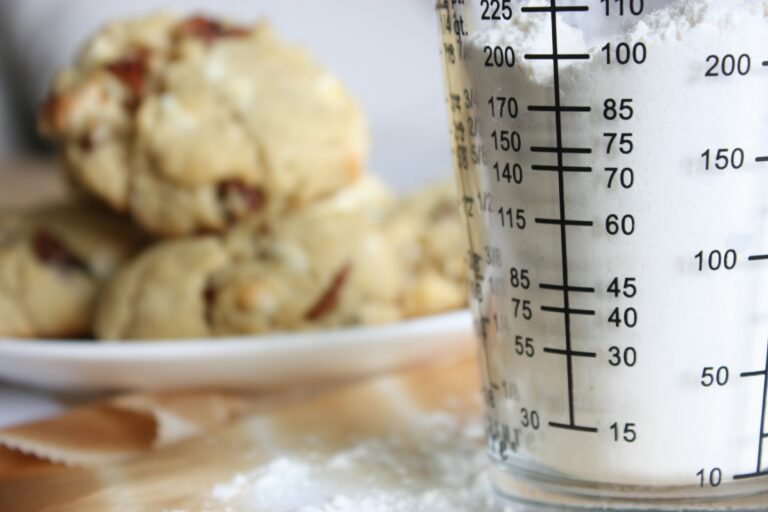Measuring Cups vs. Scales: The Debate
In the culinary world, the use of measuring tools plays a crucial role in ensuring accurate and consistent results. When it comes to measuring ingredients, the debate between using measuring cups and kitchen scales remains a common topic of discussion. Each method has its own set of advantages and limitations, catering to different preferences and cooking needs.
Pros and Cons of Measuring Cups
Measuring cups are a staple in most kitchens and offer a convenient way to measure both dry and liquid ingredients. Here are some pros and cons associated with using measuring cups:
| Pros | Cons |
|---|---|
| Easy to use and widely available | May lead to inconsistencies in ingredient quantities |
| Ideal for measuring liquids and volume-based ingredients | Not suitable for precise weighing of ingredients |
| Useful for quick and simple recipes | Lacks accuracy when dealing with dense or finely milled ingredients |
| Can be more intuitive for beginners | Limited flexibility in adapting to different measurement systems |
While measuring cups are popular for their user-friendly design and versatility, they may not always provide the precision required, especially when it comes to certain ingredients or recipes. Understanding the benefits and limitations of measuring cups can help cooks decide when to opt for this traditional measuring tool.
Pros and Cons of Kitchen Scales
On the other hand, kitchen scales offer a more precise and accurate method of measuring ingredients by weight. Here are some advantages and disadvantages of using kitchen scales:
| Pros | Cons |
|---|---|
| Provides precise measurements for consistent results | Requires familiarity with metric or imperial weight measurements |
| Ideal for baking and recipes that require accuracy | Not as common in every kitchen compared to measuring cups |
| Allows for easy adjustment of ingredient quantities | May be perceived as less intuitive for novice cooks |
| Ensures better control over ingredient ratios | Requires additional cleanup and maintenance |
Kitchen scales excel in scenarios where precision and accuracy are paramount, particularly in baking where slight variations in ingredient amounts can significantly impact the final outcome. By measuring ingredients by weight, cooks can achieve greater control over the composition of their dishes and ensure a more consistent cooking experience.
By weighing the benefits and drawbacks of measuring cups and kitchen scales, individuals can make an informed decision based on their cooking preferences, the type of recipe being prepared, and the level of precision required. Understanding when to utilize each measuring tool can elevate the cooking experience and contribute to the success of various culinary endeavors.
When to Use Measuring Cups
In the realm of culinary adventures, the choice between using measuring cups and kitchen scales is often a pivotal decision that can impact the outcome of your dishes. Understanding the benefits and ideal scenarios for employing measuring cups is fundamental in the art of precision cooking.
Benefits of Measuring Cups
Measuring cups serve as reliable companions in the kitchen, offering both practicality and convenience. Their advantages include:
- Ease of Use: Measuring cups are straightforward and simple tools that require minimal expertise, making them accessible to novice and seasoned chefs alike.
- Versatility: With different measurements marked on the cups, they can accommodate a wide range of ingredients, from liquids to dry goods.
- Quick Measurements: Measuring cups allow for swift and efficient portioning of ingredients, saving time during food preparation.
- Less Cleanup: Using measuring cups reduces the number of utensils needed for measuring, streamlining the cooking process and minimizing cleanup efforts.
Ideal Scenarios for Measuring Cups
While measuring cups are versatile tools that can be utilized in various cooking scenarios, they are particularly beneficial in the following situations:
- Baking: When precision in ingredient measurements is crucial for achieving the desired texture and consistency in baked goods.
- Liquid Ingredients: Measuring cups are ideal for accurately measuring liquids like water, milk, and oils.
- Quick Recipes: In recipes that call for simple and fast measurements, measuring cups provide a practical solution for accurate portioning.
- Home Cooking: For everyday meals and casual cooking where exact measurements are not critical, measuring cups offer a convenient way to portion ingredients.
By recognizing the benefits and optimal contexts for using measuring cups, aspiring chefs and seasoned cooks alike can harness the precision and convenience these tools offer in their culinary endeavors. For more insights into cooking measurements and equivalents, explore our article on cooking measurement equivalents for a comprehensive guide to mastering the art of accurate measuring in the kitchen.
When to Use Kitchen Scales
When precision is paramount in the kitchen, kitchen scales emerge as indispensable tools for ensuring accuracy in recipes. The benefits of using kitchen scales extend beyond mere weight measurement, offering a level of control that can significantly elevate your culinary creations.
Benefits of Kitchen Scales
Kitchen scales provide the advantage of precise and consistent measurement of ingredients. Unlike measuring cups, which can vary in terms of ingredient volume, kitchen scales offer an accurate representation of weight. This precision is particularly crucial in baking, where exact measurements can make the difference between a perfectly risen cake and a flat one.
Moreover, kitchen scales enable the easy conversion of recipes by allowing you to switch between volume and weight measurements. This flexibility makes it simpler to adapt recipes based on personal preferences or dietary requirements, ensuring consistent results each time you cook or bake.
By using kitchen scales, you can avoid the common pitfalls of inaccurate ingredient quantities, leading to more reliable and delicious dishes. The ability to measure ingredients by weight also facilitates portion control and recipe scaling, making it easier to adjust serving sizes or batch quantities.
Ideal Scenarios for Kitchen Scales
Kitchen scales are especially beneficial in scenarios that demand precision and consistency, such as:
- Baking: In baking, where the chemical reactions are sensitive to ingredient proportions, kitchen scales play a pivotal role in achieving the desired texture and flavor in baked goods.
- Pastry Making: Precision is key in pastry making to ensure proper dough consistency and flakiness.
- Coffee Brewing: For coffee enthusiasts, kitchen scales are essential for measuring the right coffee-to-water ratio, leading to a perfectly brewed cup every time.
- Weight-Loss Tracking: Kitchen scales can also be used for portion control and tracking food intake accurately, making them valuable tools for maintaining a balanced diet.
In these ideal scenarios, the use of kitchen scales not only enhances the quality of your culinary creations but also fosters a deeper understanding of ingredient proportions and their impact on the final dish. For guides on how to convert cooking measurements and tips on accurate measurement techniques, explore our articles on cooking measurement equivalents and cooking measurement tips.





